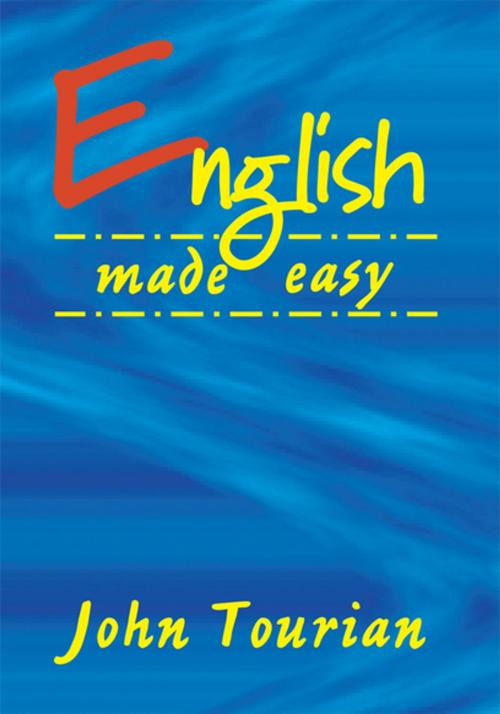English Made Easy
Nonfiction, Reference & Language, Language Arts, Reading, Phonetics & Phonics, Linguistics| Author: | John Tourian | ISBN: | 9781465331632 |
| Publisher: | Xlibris US | Publication: | December 11, 2003 |
| Imprint: | Xlibris US | Language: | English |
| Author: | John Tourian |
| ISBN: | 9781465331632 |
| Publisher: | Xlibris US |
| Publication: | December 11, 2003 |
| Imprint: | Xlibris US |
| Language: | English |
I have often been frustrated and amused by natives who want to be understood only by the collusive, other natives and thus resort to the use of esoteric expressions the meanings of which are only privy to their people or even group. The most enduring manner to memorialize the truth is to render the language understandable, even if it entails going back to its proper roots. Typical of me, I chose the hardest of them all: English, specifically because its rules have been intentionally overlooked or, in some cases, glossed over in favor of a wider comprehensibility, as happened in plastics, computer science or military jargon. Let me put it this way: if there already is a way to say something well, there is no need to create a new way of saying itto the glaring degradation of the language. The purpose of a language is universal understand of what is said. In the case of the English language, make that what is said, how it is said, how it is written and even how it is pronounced. It is pointless for English-speaking people to wrongly interpret the intent of another of their kind or to answer in an equally obfuscating fashion. If I say something, I want to be universally understood in as clear a manner as possible!
I have often been frustrated and amused by natives who want to be understood only by the collusive, other natives and thus resort to the use of esoteric expressions the meanings of which are only privy to their people or even group. The most enduring manner to memorialize the truth is to render the language understandable, even if it entails going back to its proper roots. Typical of me, I chose the hardest of them all: English, specifically because its rules have been intentionally overlooked or, in some cases, glossed over in favor of a wider comprehensibility, as happened in plastics, computer science or military jargon. Let me put it this way: if there already is a way to say something well, there is no need to create a new way of saying itto the glaring degradation of the language. The purpose of a language is universal understand of what is said. In the case of the English language, make that what is said, how it is said, how it is written and even how it is pronounced. It is pointless for English-speaking people to wrongly interpret the intent of another of their kind or to answer in an equally obfuscating fashion. If I say something, I want to be universally understood in as clear a manner as possible!















